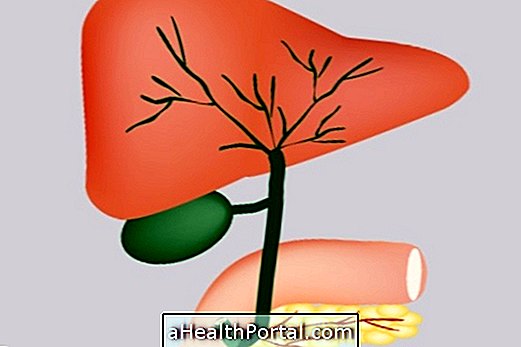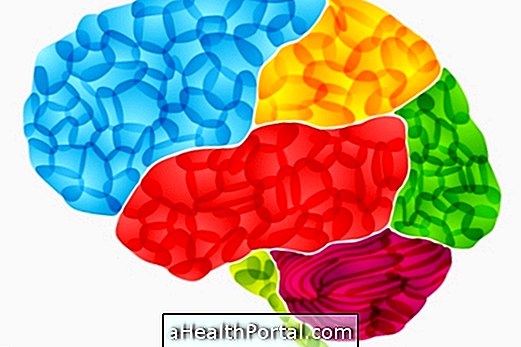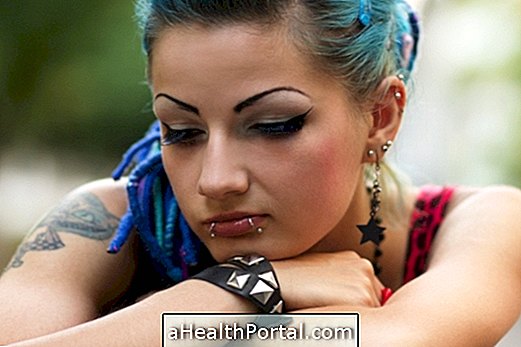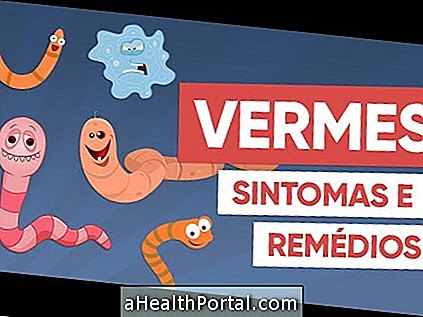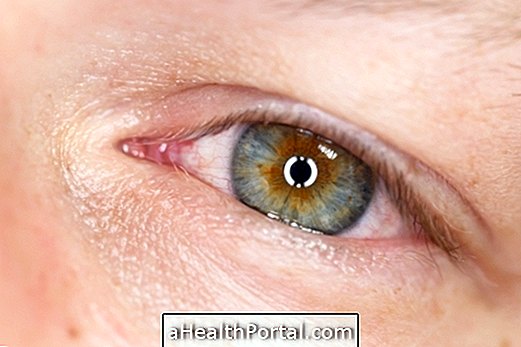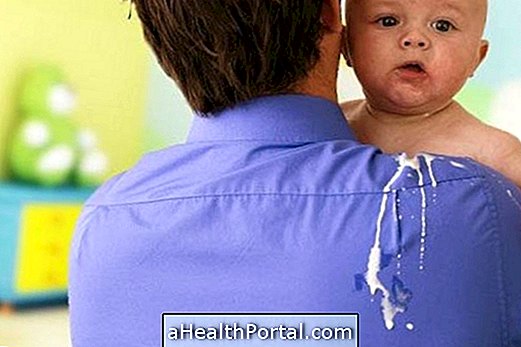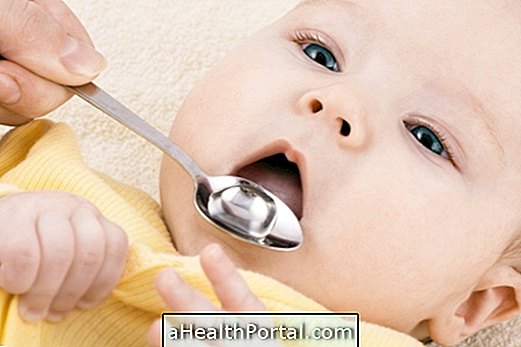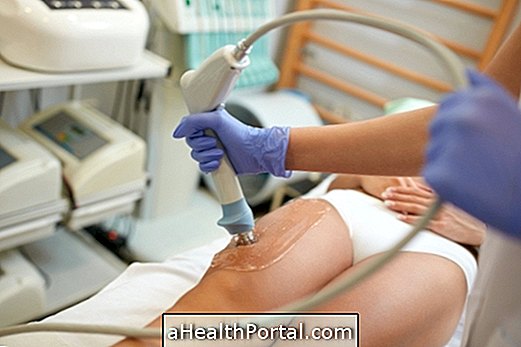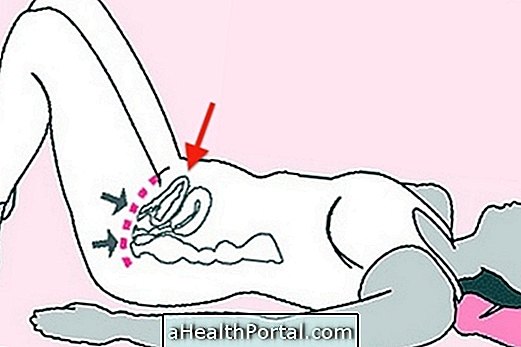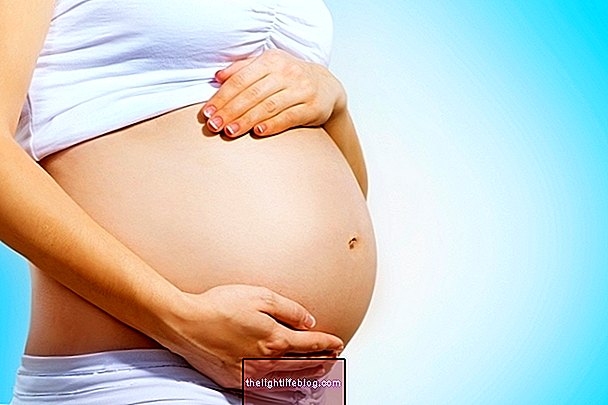Children and adolescents react to the diagnosis of cancer differently, according to their age, development and personality. However, there are some feelings that are common in children the same age, so there are also some strategies parents can do to help their child cope with cancer.
Beating cancer is possible, but not always the arrival of the news is received in the best way, in addition to the treatment have many side effects involved. However, there are some strategies that can help you overcome this delicate phase in a more gentle and comfortable way.
Children up to 6 years old
How do you feel?
Children at this age are afraid of being separated from their parents, and are afraid and upset that they have to undergo painful medical procedures, having fits of anger, screaming, beating, or biting. In addition, they may have nightmares, return to having old behaviors such as bed wetting or thumb sucking and refusing to cooperate, resist orders or interact with other people.
What to do?
- Calm, hug, cuddle, sing, play a song for the child or distract with toys;
- Always stay with the child during medical tests or procedures;
- Have the child's favorite stuffed animal, blanket or toy in the bedroom;
- Create a cheerful, colorful hospital room with good lighting, with the child's personal objects and drawings made by her;
- Maintain the child's usual schedule, such as sleep and meal times;
- Take time out of the day to play with the child, playing or doing an activity;
- Using a telephone, computer, or other means for the child to see and hear a parent who can not be with them;
- Give very simple explanations of what is happening, even when you are sad or crying like "I am feeling a little sad and tired today and crying helps me to get better";
- Teach the child to express their feelings in a healthy way like drawing, talking or hitting a pillow instead of biting, screaming, hitting or kicking;
- Reward good child behavior when it cooperates with medical examinations or procedures, giving an ice cream, for example if this is possible.
Children from 6 to 12 years old
How do you feel?
Children at this age may be upset that they have to skip school and fail to see their friends and classmates at school who are guilty of thinking they may have caused the cancer and are worried they might get cancer. Children between the ages of 6 and 12 may also be angry and sad because they have become ill and their lives have changed.
What to do?
- Explain the diagnosis and treatment plan in a simple way for the child to understand;
- Answer all the questions of the child sincerely and simply. For example if the child asks "Am I going to get well?" answer honestly: "I do not know, but the doctors will do everything that is possible";
- Insist and reinforce the idea that the child did not cause cancer;
- Teach the child that she has the right to be sad or angry, but that she should talk about it with her parents;
- Share with the teacher and classmates what is happening to the child, encouraging the child to do this too;
- Organize daily activities of writing, drawing, painting, collage or physical exercise;
- Help the child to connect with siblings, friends and school friends through visits, cards, phone calls, text messages, video games, social networks or email;
- Develop a plan for the child to contact the school, attending classes through the computer, having access to the subject and homework, for example;
- Encourage the child to meet other children with the same disease.
Teenagers 13 to 18 years old
How do you feel?
Teens feel upset that they have to miss school and stop being with their friends, and feel that they do not have freedom or independence and that they need the support of their friends or teachers, which is not always present. Teens can also play around with having cancer or trying to think positive and at other times revolt against parents, doctors and treatments.
What to do?
- Offer comfort and empathy, and use humor to deal with frustration;
- Include the adolescent in all discussions about the diagnosis or treatment plan;
- Encourage the adolescent to ask the doctors questions;
- Insist and reinforce the idea that the adolescent did not cause cancer;
- Let the teen talk to the health professionals alone;
- Encourage teenagers to share news about their illness with friends and keep in touch with them;
- Encourage the teenager to write a diary so that he can express his feelings;
- Organize visits from friends and plan activities together, if possible;
- Develop a plan for the teen to maintain contact with the school, attending classes through the computer, having access to the subject and homework, for example;
- Help the teenager get in touch with other teenagers with the same illness.
Parents also suffer with their children with this diagnosis and therefore, to take good care of them, they need to take care of their own health. Fear, insecurity, guilt and anger can be mitigated with the help of a psychologist, but the support of the family is also important to renew the forces. Thus, it is recommended that parents separate moments during the week to rest and to talk about this and other subjects.
